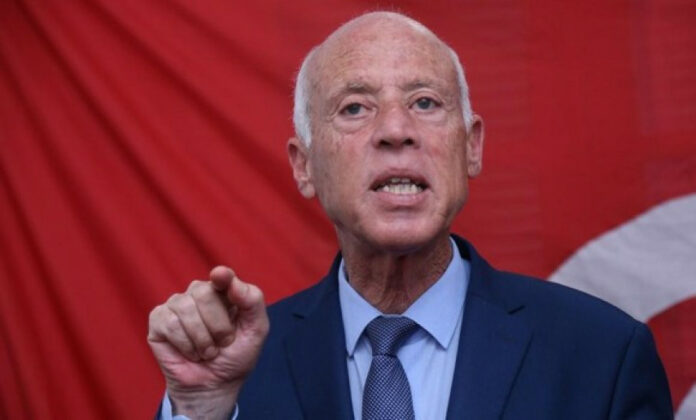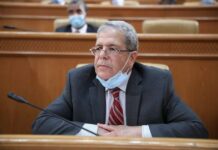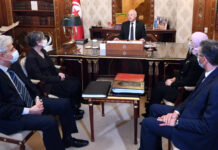Several national organizations, first of which the UGTT, deputies and political parties who have supported the head of state’s approach, call on him to leave his citadel and to open channels for dialogue and consultation on his projects to give them more credibility and strength.
In the aftermath of the announcement of the state of emergency on July 25, in accordance with article 80 of the Constitution, President Kais Saied received representatives of national organizations and civil society.
An initiative which was hailed in its time as being an opening on a large section of Tunisian society, always receptive and active. As if he wanted to win “his way”, uninserted parties, knowing his rejection of the political class.
And it was not until September 20 that the president delivered a speech in Sidi Bouzid to announce the continuation of the state of emergency and the publication shortly of a decree on the “organization of public powers”.
This order on exceptional measures, published on September 22, allowed Saied to monopolize all the power in his hands, presenting himself as the sole decision-maker and the supreme leader of the country.
It is worth mentioning that a week later, he announced his decision to commission a woman to form the long-awaited government. A real masterstroke that none of his predecessors managed to do. The fortunate elected Najla Bouden Romdhane, an unrecorded personality, loaded with diplomas, will tackle the difficult task of saving the country from drift.
While the president should deal with the development of “draft revisions relating to political reforms with the assistance of a commission whose organization is set by presidential decree,” (article 21 of decree 117 of September 22, 2021 ). Without, however, specifying whether it will extend the consultations to political parties, civil society organizations and independent figures.
However, it is through a press release published by the Elysee Palace that we learn that French President Emmanuel Macron mentioned, during a telephone interview last Saturday, with his counterpart Kais Saied “the institutional calendar expected by the Tunisian population and the international community (and) expressed its attachment to the establishment of a dialogue, associating the various components of the Tunisian population, on the institutional reforms envisaged ”.
At the moment, we are awaiting the announcement of the formation of the Bouden government and its program for the coming period. We will then scrutinize the gestures and deeds of the president to find out more or less about his intentions and objectives.











